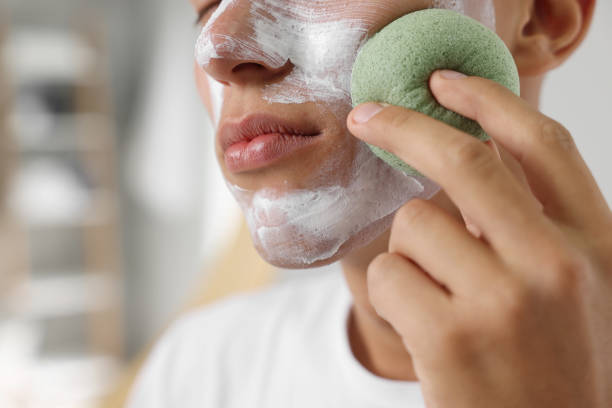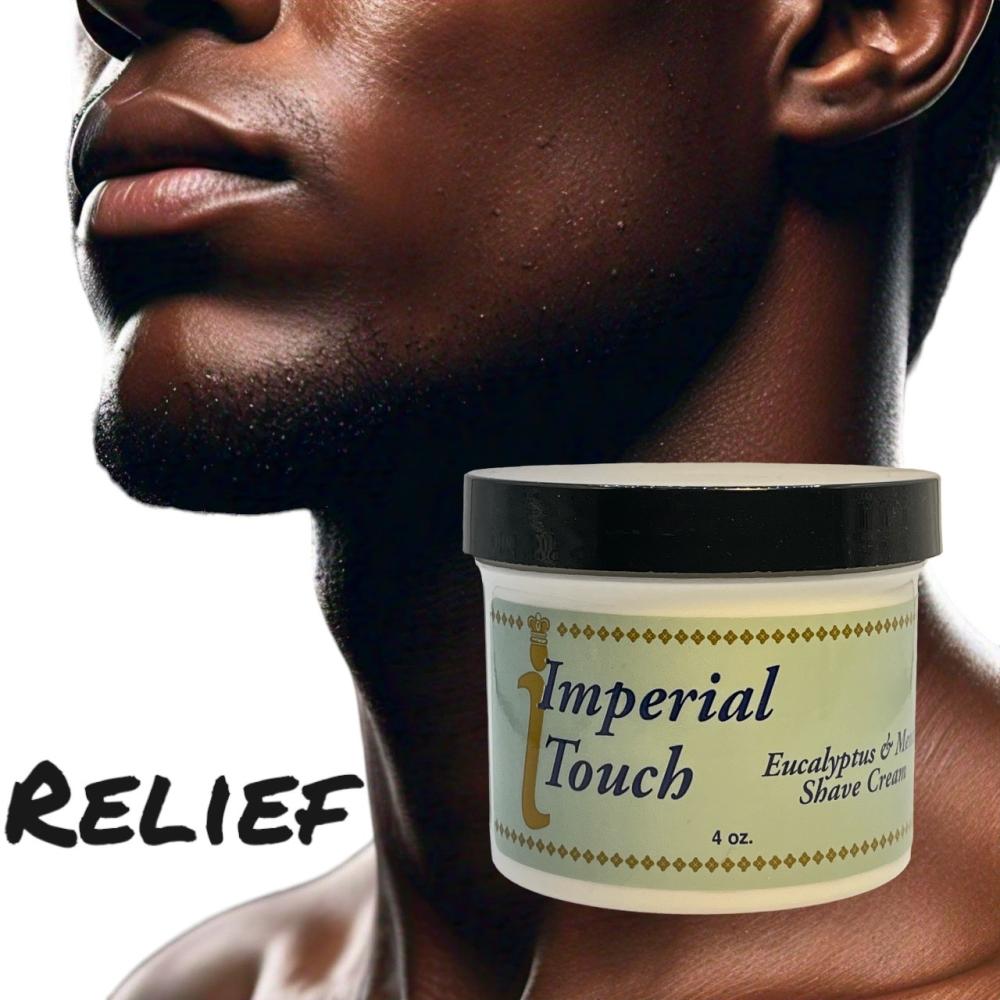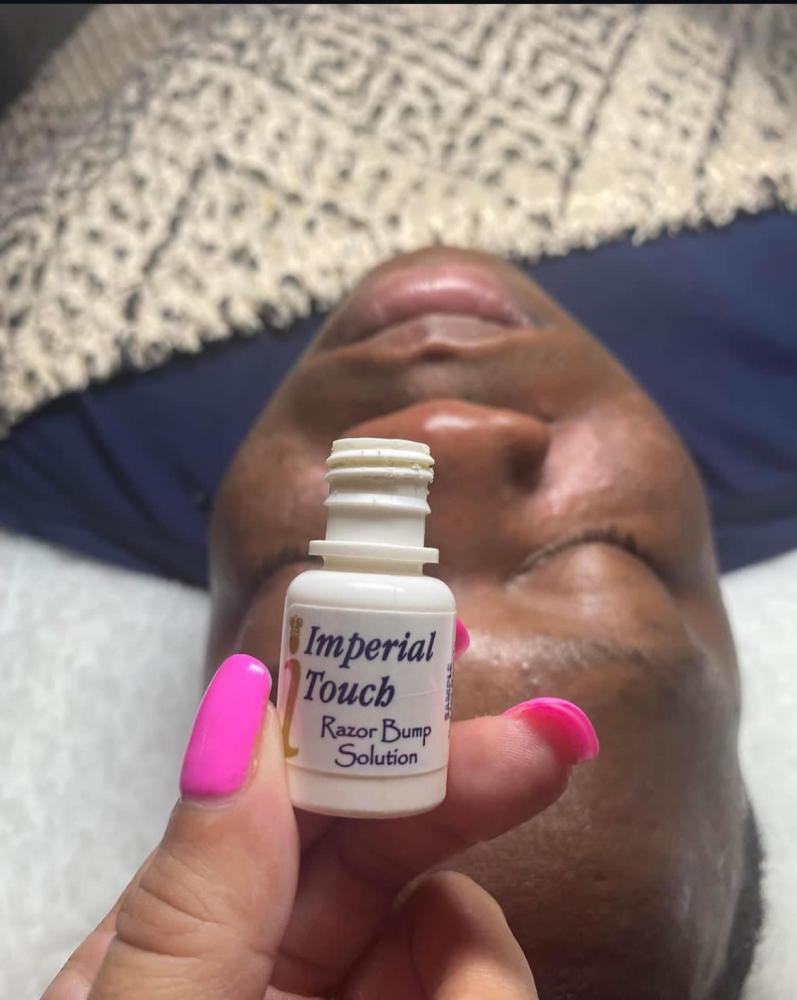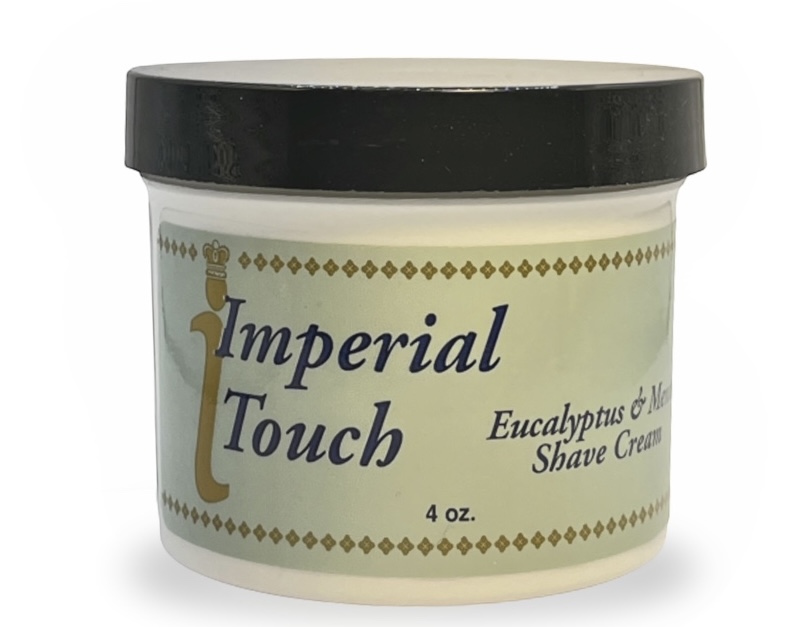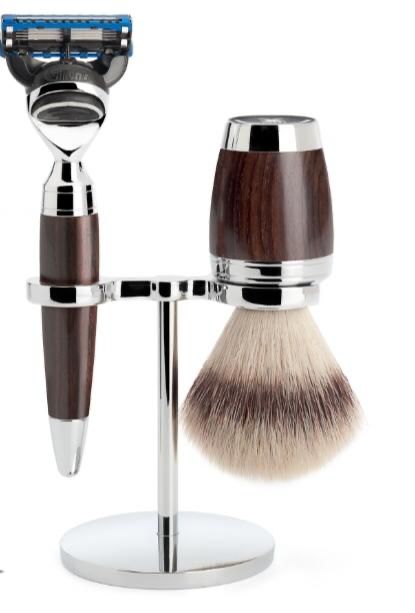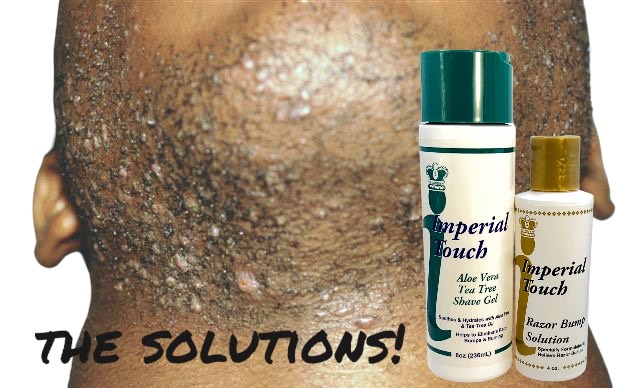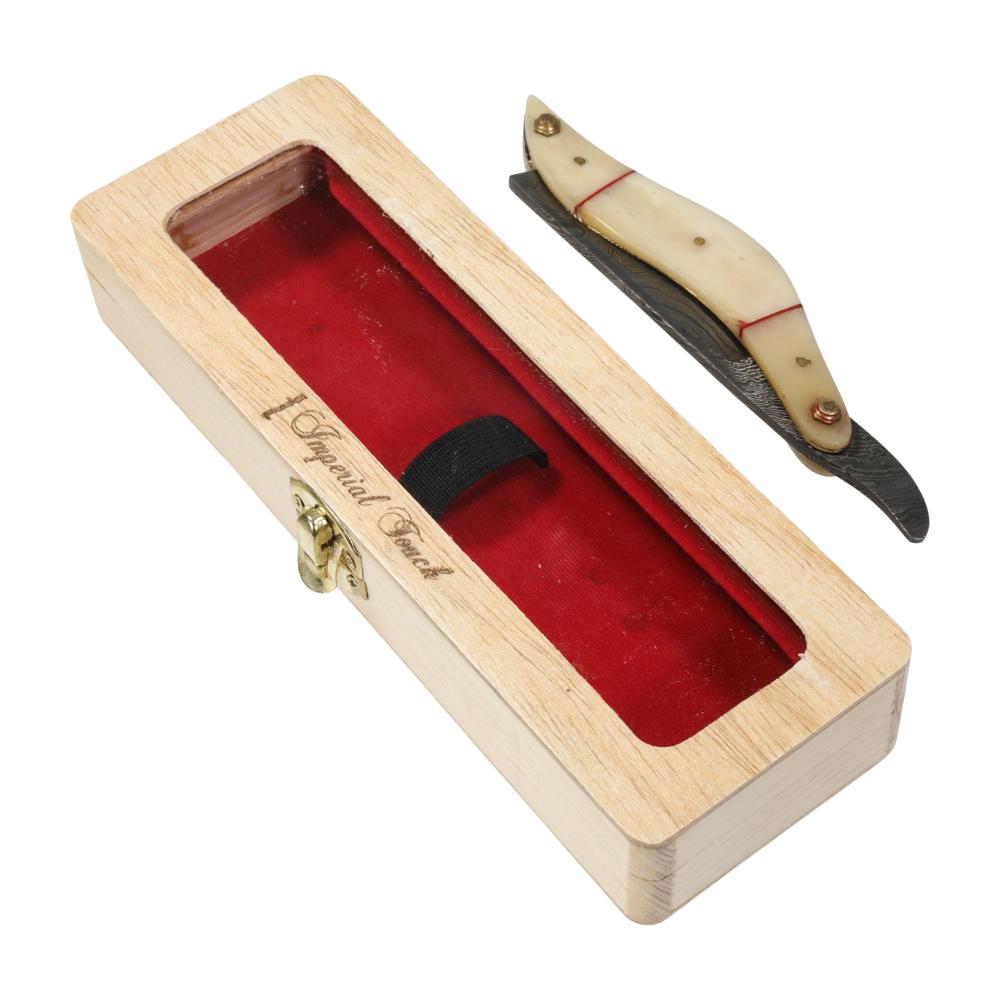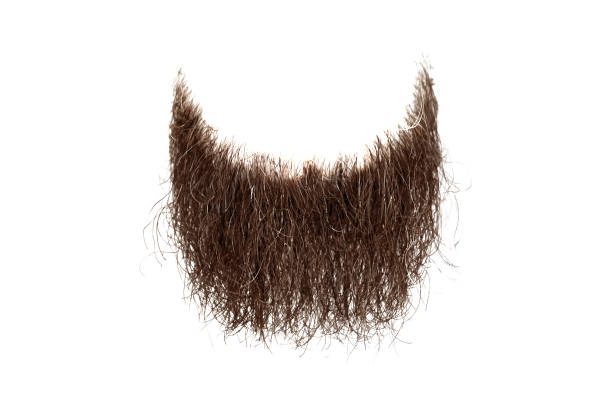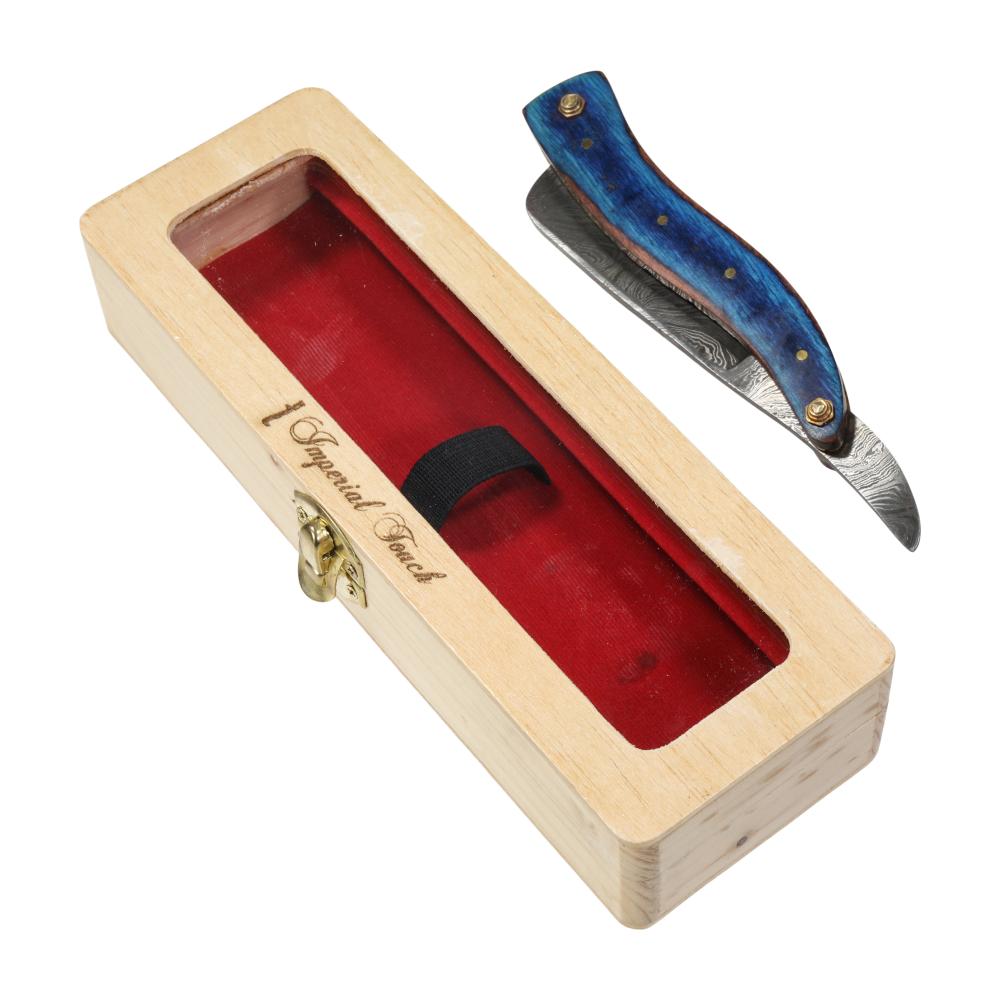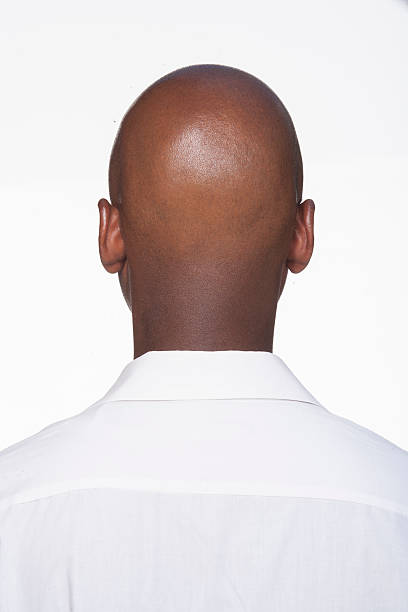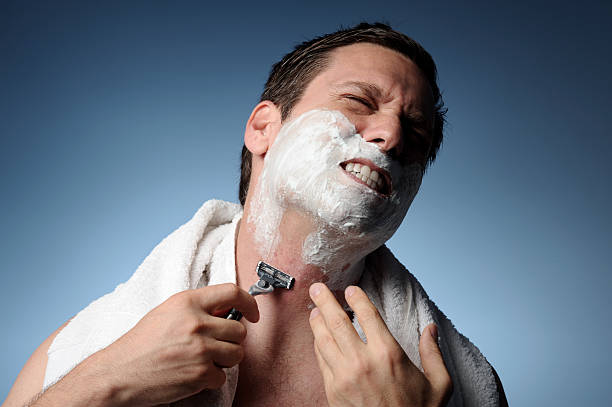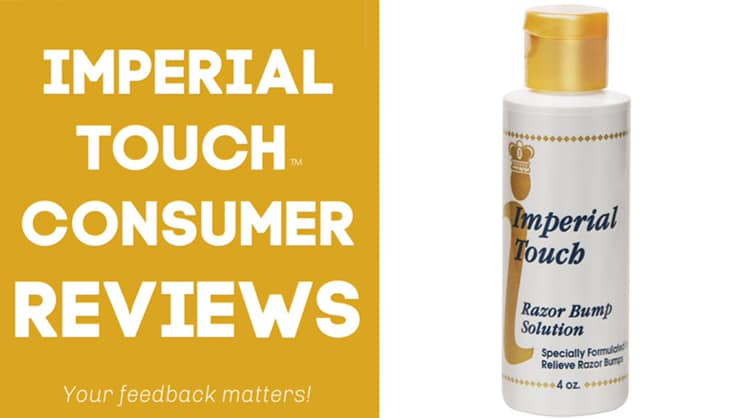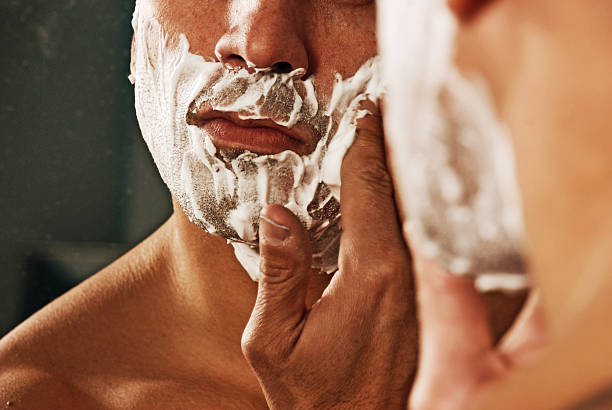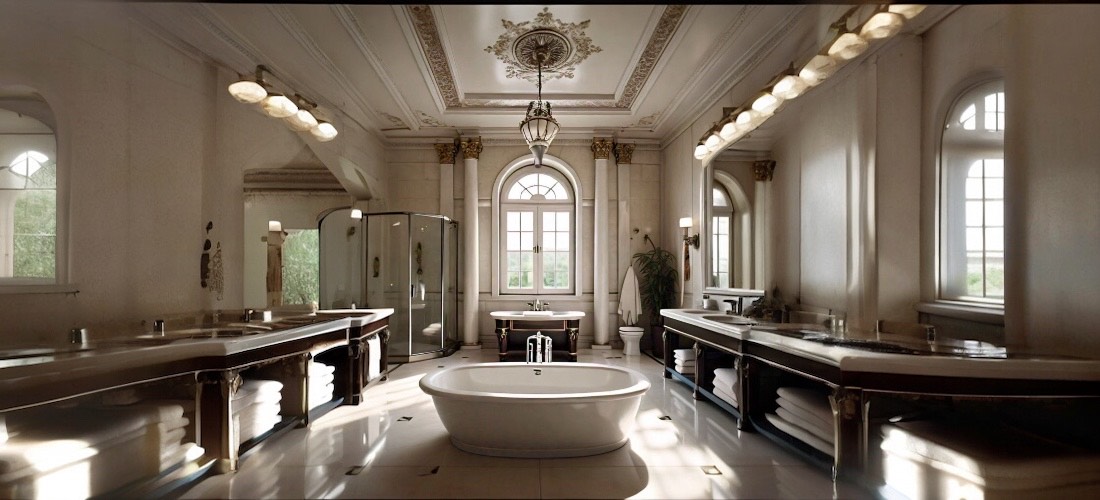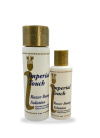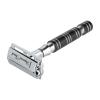Soap and shower gel have different formulations and uses. Bar soaps are created through a process called saponification, where liquid fats like vegetable oils or animal fat are combined with an alkali like sodium hydroxide (lye). This process transforms the fats into soap, and the resulting product is gentle on the skin. Liquid soaps, on the other hand, are made with potassium hydroxide.
Saponified ingredients, like coconut oil, have been transformed into soap and are safe for skin use. The sudsier the soap, the less cured it is. Some soaps are superfatted with liquid fats for added moisturizing properties, while clear soaps contain glycerin and sorbitol for hydration. Antibacterial soaps often contain triclosan to combat bacteria and fungus growth.
Shower gels, by contrast, typically consist of water, a foaming agent like sodium laureth sulfate (SLS), and betaines to bind the ingredients together. SLS can be irritating to sensitive skin, so SLS-free options are available.
When deciding between soap and shower gel, consider your skin type and needs. Bar soap excels at removing dirt and oil, making it ideal for athletes or those who sweat heavily. However, if you have delicate, dry, or eczema-prone skin, shower gel may be a better choice due to its moisturizing properties. The National Eczema Association recommends non-soap cleansers for itchy skin and suggests skipping cleansers during severe flare-ups to avoid irritation.
Ultimately, you may prefer to use both soap and shower gel depending on your skin's changing needs, such as switching to shower gel during dry winter months and bar soap during oily summer months.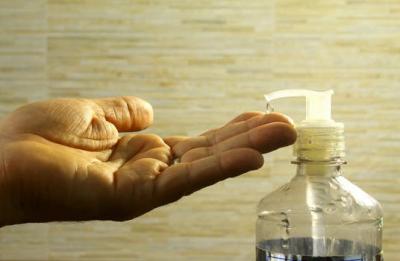
Visit Imperial Touch
#imperialtouch
#imperialtouchskincare


